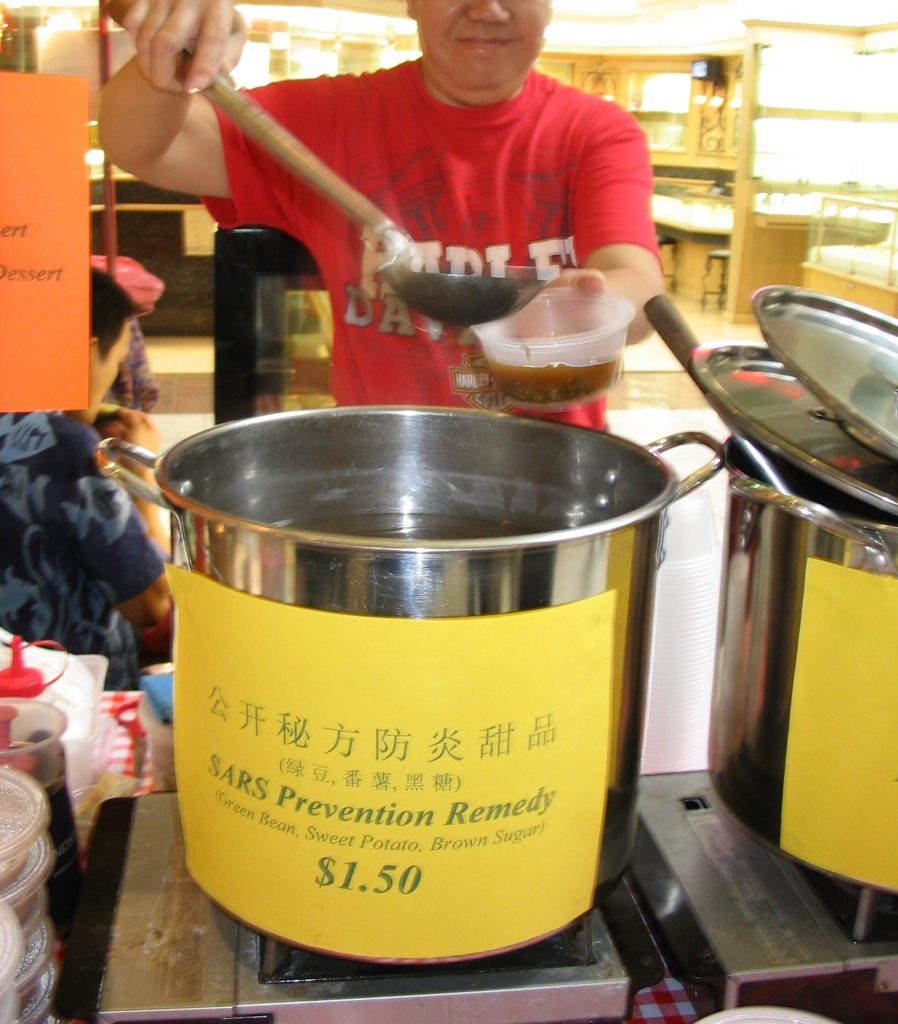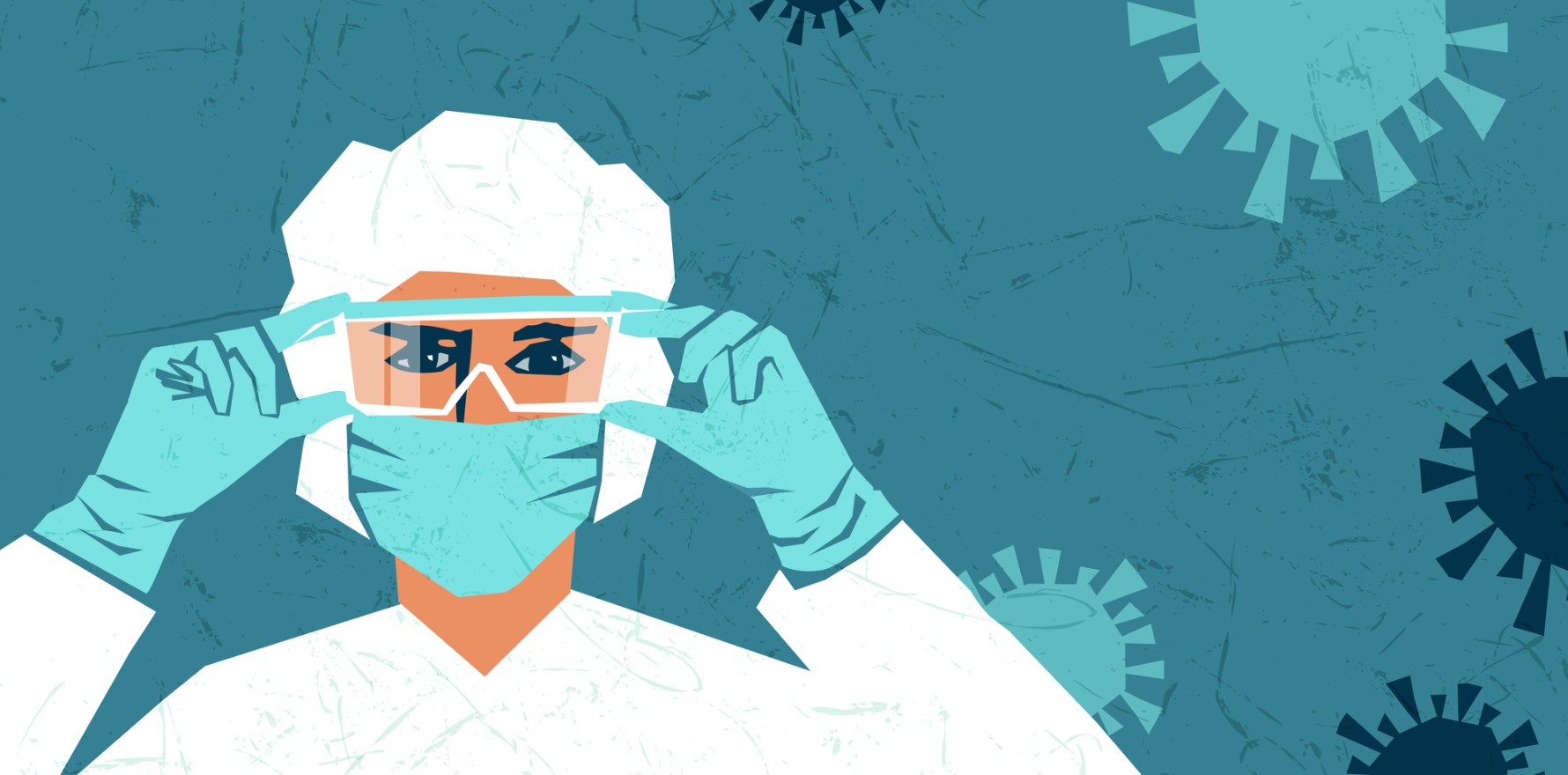Training in PPE use is as important as annual CPR training against future pandemics, an infectious diseases expert says.
Mandatory training in PPE use and updating national stockpiles is crucial to protect healthcare workers in future pandemics, an infectious diseases expert says.
In Victoria to date, more than 2,600 healthcare workers contracted COVID-19 at work, according to the Department of Health and Human Services (soon to split into the departments of Health and of Families, Fairness and Housing).
Roughly half of these (1295 people) worked in aged or disability care, 1036 were nurses or midwives, and 124 were medical practitioners.
An investigation into the causes of the high infection rate of healthcare workers is under way.
But Cathryn Murphy, an Adjunct Honorary Associate Professor at Bond University whose work has included consulting for the WHO during the SARS outbreak, says conflicting guidance for healthcare workers has been a major concern during the COVID-19 pandemic.
Although advice must be updated according to new research – for example, early in the pandemic SARS-CoV-2 was thought to be mainly spread via droplets and not smaller particles – some messaging about PPE caused distress, she said.
“During COVID-19 I have referred people to the health.gov.au website which includes links to relevant jurisdictional pieces of guidance … I didn’t want to make ‘Cath Murphy’ statements or recommendations.
“[But] there have been challenges to some of our long-standing dogmas like single-use PPE should be for single use only, yet in COVID-19 because there were shortages of PPE for healthcare workers, we’ve seen unusual practices being promoted in some parts which include reuse of single-use PPE.
“In these circumstances healthcare workers become very concerned – not only clinical providers but anybody working in or attending a healthcare setting. And for people to make good infection control decisions for themselves, and anyone in their care, they need to be informed and need to remain calm.”
Governments should act on the reports of PPE shortages, Professor Murphy said.
“The state and federal governments have stockpiles of PPE for hospitals and inpatient facilities and hopefully based on our COVID-19 experience they will have some clever statistician determine what the best and worst case scenarios for PPE are, to ensure supplies are maintained at sufficient levels.”
There should also be national PPE training programs developed for staff in public and private hospitals, and GP clinics, she said.
“I think general practices, and small practices, are particularly vulnerable [to outbreaks] because they usually don’t have any single staff member who is allocated full responsibility for running an infection control program, and if they do they will probably have many other clinical responsibilities.
“What I’d love to see for all clinicians, and non-clinicians who have potential contact with patients with serious respiratory infections, is mandatory annual fit testing for PPE.
“I’d also like to see training programs developed around the order of PPE use, beginning with correct choice of PPE, appropriate donning of it, removal, and disposal.”
This might involve simulations under video observation so people could be given feedback, she said.
“I’d also like to see healthcare workers carrying somewhere on their person – such as their name or security tag – the brand of mask and size that fits them, because they are that bespoke.”
Associate Professor Murphy said one good strategy she saw employed in Southeast Asia during the SARS outbreak was splitting healthcare workers into teams that did not work or socialise with each other.

“Myself and others published recommendations after the SARS outbreak, such as healthcare workers should be fit-tested annually, they should understand their responsibilities [during a pandemic], they should be familiar with how put on and take off PPE safely.
“I personally believe that competency is as important for a healthcare worker as it is for them to do things like their mandatory annual CPR training.”
Associate Professor Murphy said the COVID-19 pandemic has also highlighted that healthcare workers often put others’ health before their own.
“They do heroic things and think about a patient before they think about themselves – I’ve seen that in cases where there’s a risk for them to acquire an infection, and it is deeply serious.
“So there’s opportunity for us to rethink the professional culture of clinicians – and for the people they care for to understand that their health is so very important.”





